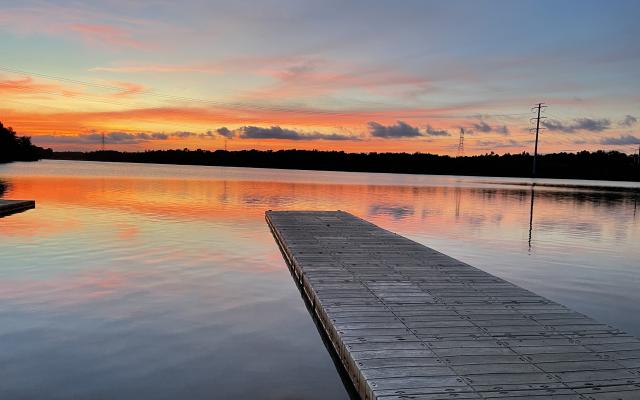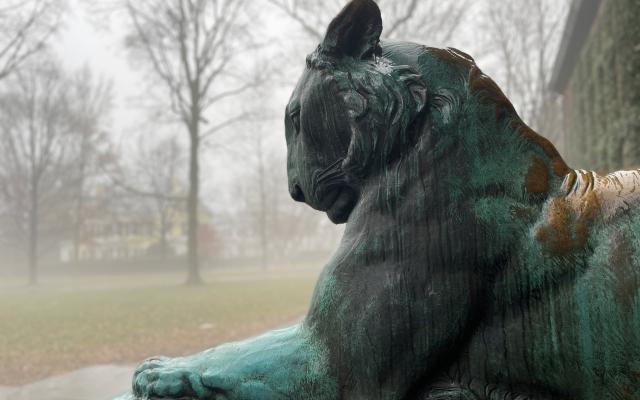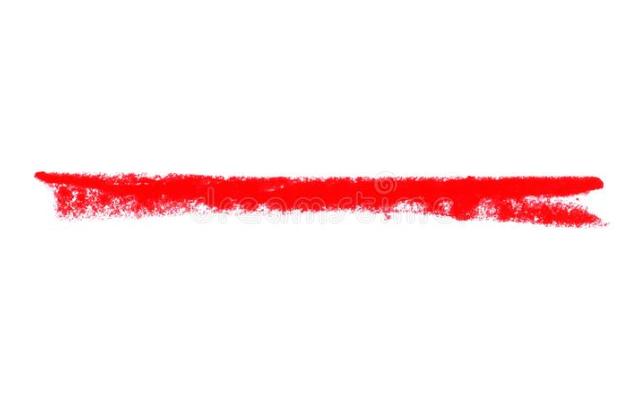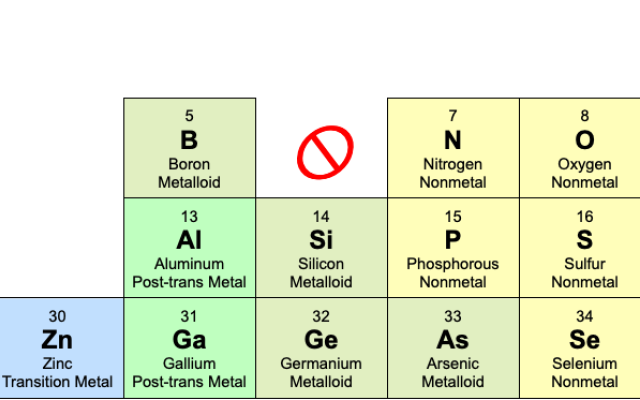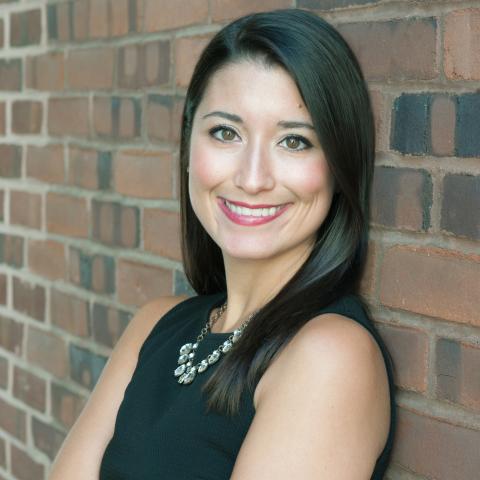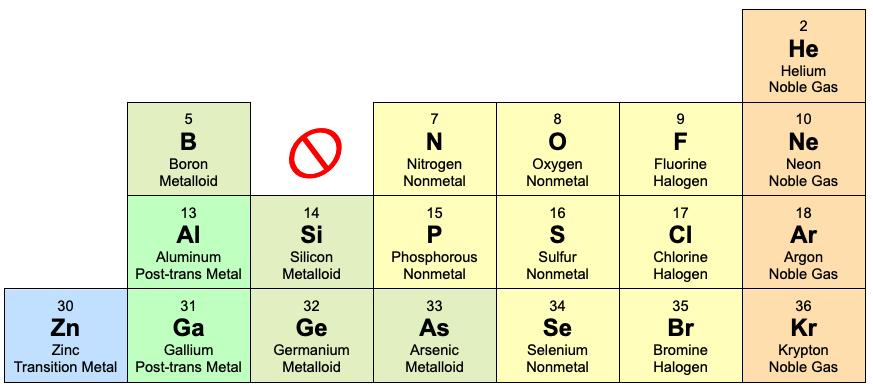
"Trying to tackle any innovation or societal issue without understanding the impact of historical and structural racism is like trying to fathom the universe without knowing about carbon."

-
Why are certain neighborhoods 5 to 20 degrees hotter than other neighborhoods in the same city?
-
What are the considerations for public health officials when trying to vaccinate Americans against COVID-19?
-
Why is traffic so bad in Atlanta?
-
Why does life expectancy vary by 20 to 30 years within the same city based on the neighborhood in which a person lives?
The answers to the above questions are rooted in an understanding of race and racism.
If you're a faculty member, postdoc, researcher, or staff in the School of Engineering and want to know why, this program is for you. Participants will:
- Create better solutions by learning to assess and account for the ways structural racism impacts any field when creating an innovation or attempting to address a societal problem
- Gain a framework for revealing basic design flaws in their innovations
- Understand how racism hurts everyone, not just people of color
- Develop solutions that reduce rather than exacerbate racial inequity
- Expand their understanding of racism to be a structural issue beyond individual acts or biases
Read about the projects of past participants and their experiences in the program.
Description
A cohort-based program focused on the intersection of race and racism with engineering, technology, and innovation that typically runs for a semester or academic year. It consists of three elements:
Education
Goal: Build common language and understanding of structural racism to work for change
- 1.5 Day Immersive Experience Workshop by the Groundwater Institute conducted over Zoom
- Day 1 from 12 noon to 5 pm; Day 2 from 9 am to 5 pm
- Designed to develop the capacity of leaders to better understand racism and inequity in its institutional and structural forms.
- Note: The learnings from the 1.5 Day Immersive workshop are foundational to the program. If a participant is unable to attend when scheduled, they may alternatively pay to attend both of the following virtual workshops when offered to the public during the relevant time frame.
- Groundwater Presentation (3 hours) - uses data to show racism is structural in nature
- Racial Equity Institute 2-Day Workshop - shows how institutions, systems, and culture produce unjust and inequitable outcomes; helps participants recognize historical and root causes of disparities
- Field trip to the African American Museum in Philadelphia, which will include a design workshop facilitated by Keller Center lecturer Alice Kogan on using design frameworks to combat issues related to structural racism, a guided museum tour and lunch
Community
Goal: Build a supportive peer group to continuously interact around these issues
- Guided 1-hour conversations on a reading, podcast, or video. Previous topics:
- "Engineers Don't Solve Problems"
- "Technology and Race with Ruha Benjamin"
- "What does a traffic jam in Atlanta have to do with segregation? Quite a lot."
- "Eliminating racial disparities in healthcare outcomes in the UNC Hospital system"
- Occur every month
- Program participants must attend at least 2 sessions
Support Towards Action
Goal: Participants identify and begin to implement structural solutions in their workplaces and classrooms; share best practices
- Intake and project scoping meeting with an expert coach
- Followup progress meeting with expert coach
- Private, 1-on-1 office hours with expert coach (as needed)
- Participants will work individually or in small groups to develop structural solutions
Who can participate?
Faculty, postdocs, and staff in Princeton's School of Engineering and Applied Science (SEAS). Participants must commit to fulfilling the requirements of the five-month long program with the goal of identifying and beginning to implement at least one structural solution in their workplace or classroom. Each cohort will consist of up to 25 participants.
Unreserved spots may be offered to campus partners, if available.
Costs
Free for eligible participants.
How to register
Registration is currently closed, but you can request to be notified when the registration period opens again.
